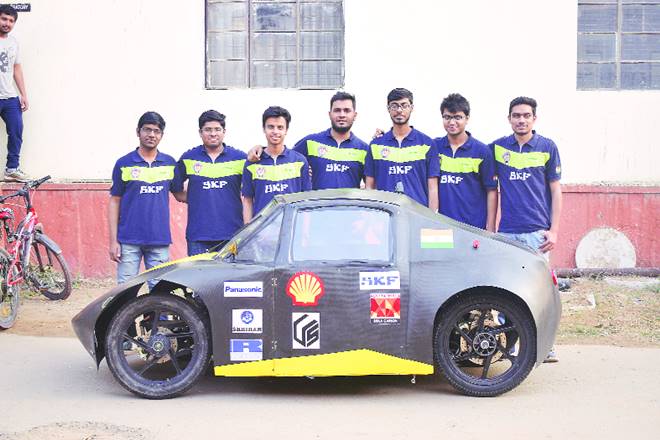Our planet is looming under the consequences of climate change, and pollution levels are soaring. One of the reasons is transportation, powered by burning fossil fuels, directly and indirectly. But all is not lost, thanks to a grouping of millennials who are trying to find smart and innovative transportation solutions to build a sustainable future, at various global fora.
One such forum is Shell Eco-marathon Asia. One of the world’s longest-running student competitions, it is a global programme that challenges young minds to build ultra-energy-efficient cars, thereby fostering innovative solutions to transform transportation. It’s part of Make the Future Singapore, a festival of ideas and innovations in the field of energy.
This year, Shell Eco-marathon Asia will be held from March 8-11 in Singapore, and the competition will witness participation from over 120 student teams from 18 countries across the Asia-Pacific and Middle East, putting their self-built energy-efficient cars to the test.
Representing India will be a contingent of 10 cars from 10 universities competing to be the most energy-efficient among all. This is the eighth year that India is taking part in the Asian leg of Eco-marathon. Teams from DTU, IIT-BHU, NIT Raipur, Sir M Visvesvaraya Institute of Technology Bangalore, SRM University Chennai, Vellore Institute of Technology, Pandit Deendayal Petroleum University Gandhinagar and BITS Pilani will showcase prototypes ranging from cars with a mileage of 350kpl to EVs going up to 150km—i.e. from Mumbai to Pune—on a single charge.
With the global focus on electric mobility and emissions control through fuel-efficiency and usage of ethanol in automobiles, the Indian teams have developed concept cars under the major categories of gasoline, battery electric and ethanol.
Shell Eco-marathon Asia will include two key competitions this year. One of the Mileage Challenge where teams compete to travel the farthest on the least amount of fuel. The second is the Drivers’ World Championship Asia that focuses on both fuel-efficiency and driving skills—a race to see who can cross the finish line first using the least amount of fuel.
In 2017, the winning team produced a car that had a claimed mileage of a whopping 2,289km in just one litre of fuel.

